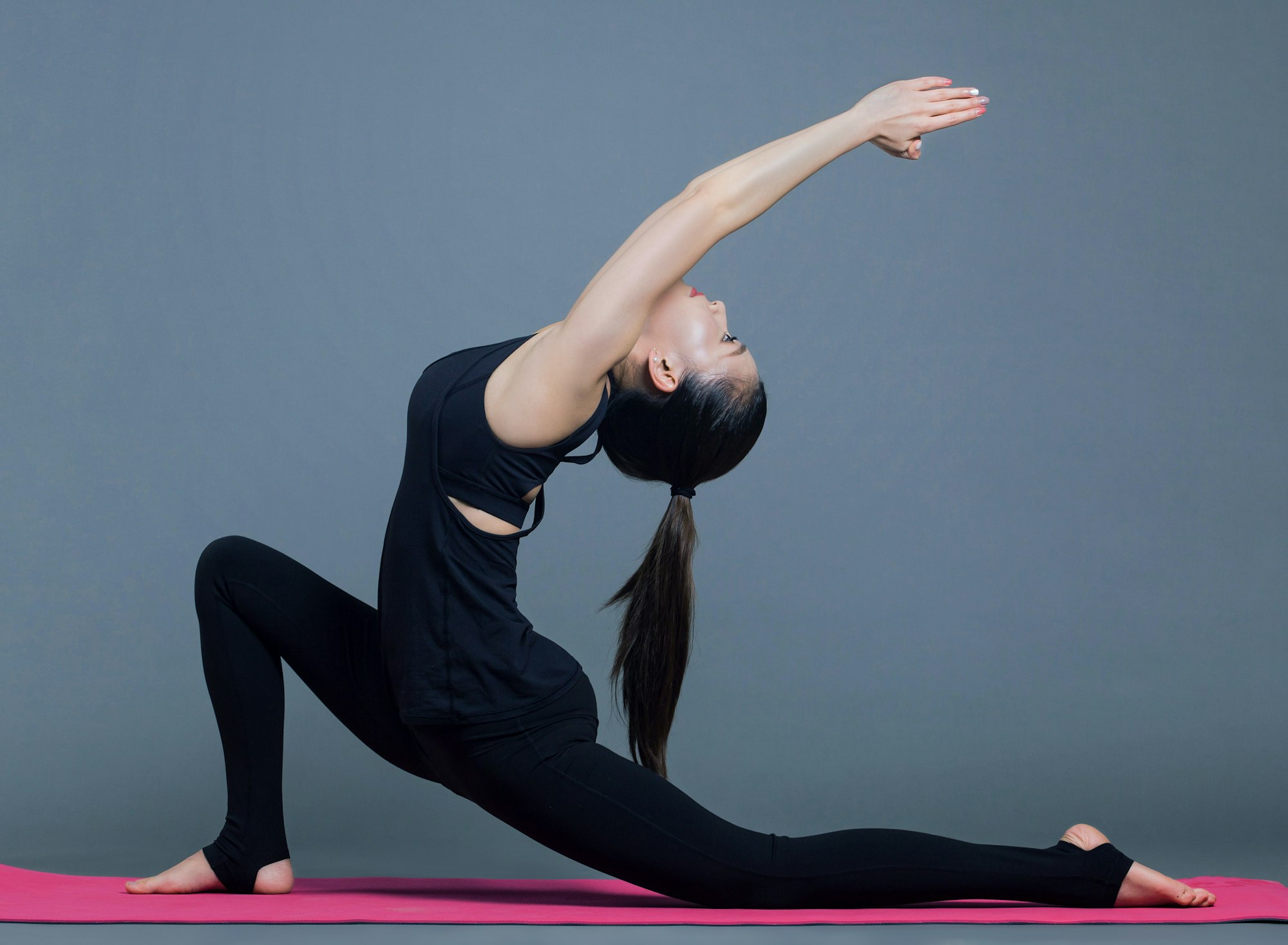Why is walking important for your health?
Healthy lifestyles include fitness. Regular physical activity improves health, reduces chronic illness risk, and extends lifespan. Walking is one of the easiest and most efficient ways to get fit.

Question for you - What does fitness mean to you?
Fitness is an important aspect of a healthy lifestyle. Engaging in regular physical activity can improve your overall health and well-being, reduce the risk of chronic diseases, and increase your lifespan. While there are many different types of exercises and activities to choose from, walking is a simple and effective way to improve your fitness level.
Let’s look at the topic:
Walking is a low-impact exercise that can be done almost anywhere, at any time. It doesn't require any special equipment or training, making it accessible to people of all ages and fitness levels. Whether you're looking to lose weight, improve your cardiovascular health, or simply get moving more, walking can help.
Benefits of Walking
Maintain healthy weight:
Walking burns calories, and regular walking can help you lose weight or maintain a healthy weight. Additionally, walking can help improve your cardiovascular health by lowering your blood pressure and reducing your risk of heart disease and stroke.
Bones and muscles:
Walking is also good for your bones and muscles. Weight-bearing exercises like walking can help increase bone density, which can reduce the risk of osteoporosis.
Walking can also help strengthen your muscles, particularly those in your legs, hips, and core.
In addition to physical benefits, walking can also have mental health benefits. Walking can help reduce stress and anxiety, improve mood, and boost self-esteem. It can also improve cognitive function and reduce the risk of dementia in older adults.
Healthy Duration of Walking
While any amount of walking is better than none, it's important to aim for at least 150 minutes of moderate-intensity walking per week. This can be broken down into 30 minutes of walking per day, five days per week. If you're unable to walk for 30 minutes at a time, it's okay to break it up into shorter sessions throughout the day.
If you're looking to lose weight, you may need to walk for longer periods of time or increase the intensity of your walks. Walking at a brisk pace or adding hills or stairs can help increase the intensity of your walks and burn more calories.

Age Appropriateness of Walking
Walking is a great exercise for people of all ages, from children to older adults. It's a low-impact exercise that's easy on the joints, making it a good choice for people with arthritis or other joint conditions.
For children and teenagers, walking can help improve cardiovascular health and maintain a healthy weight. Encouraging children to walk to school or participate in walking programs can help them establish healthy habits that can last a lifetime.
For adults, walking can help reduce the risk of chronic diseases, such as heart disease and diabetes. It can also help maintain a healthy weight and improve overall fitness levels.
For older adults, walking can help maintain mobility and independence. It can also help reduce the risk of falls and improve cognitive function. Older adults may need to start with shorter walks and gradually increase the duration and intensity of their walks.
Encouragement Tips for Walking
If you're new to walking, or if you're looking to increase your walking routine, there are several tips you can follow to stay motivated and on track.
Set realistic goals:
Start with small goals, such as walking for 10 minutes a day, and gradually increase the duration and intensity of your walks. Having a specific goal to work towards can help keep you motivated and focused.
Daily routine:
Walking is a part of your daily routine. Try to walk at the same time each day, whether it's first thing in the morning or after dinner. This can help establish a habit and make it easier to stick to your walking routine.
Walking buddy:
Walking with a friend or family member can make the experience more enjoyable and help keep you accountable. You can also join a walking group or participate in walking programs in your community or neighborhood.
Fitness is important in life. We have to focus on keeping ourselves active and avoid being sedentary. Walking is a simple routine. If you make it a part of your life, you are only helping your body perform better for you.
You will experience the benefits after making it a routine. It may seem hard during your first few days, but it will be easier and you will be eager to see the good results.


